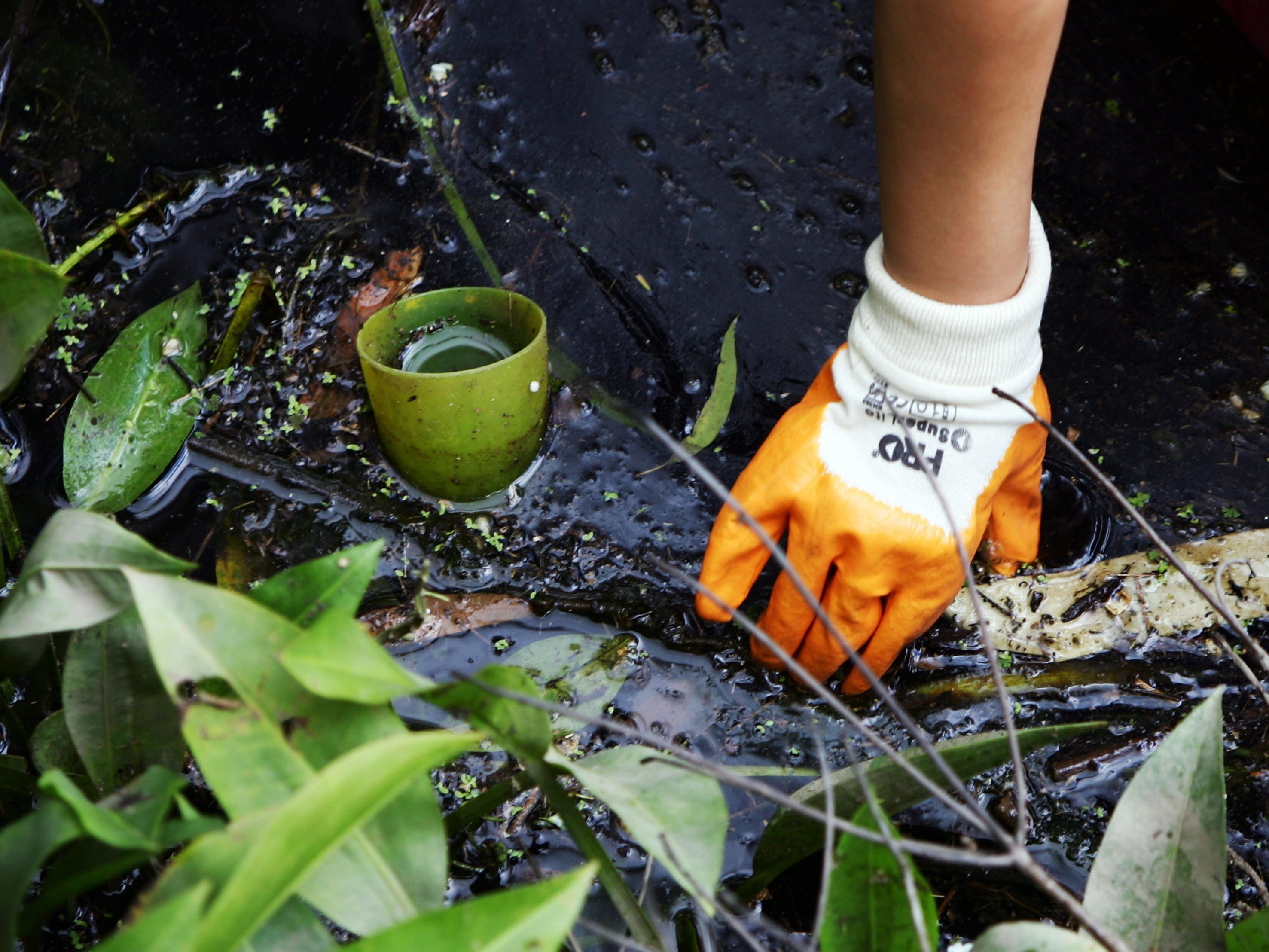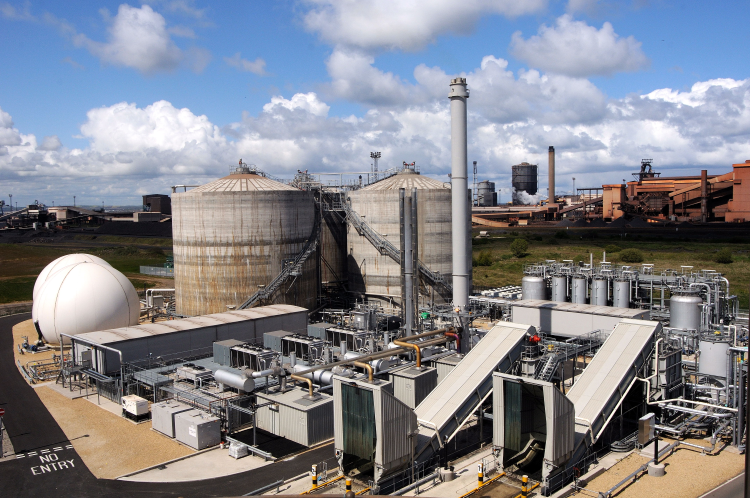
In everything we do, we aim to protect and improve the environment for the benefit of all.
We work hard to make sure all our assets work as they should but at times things can go wrong and the below plan outlines what we will do reduce these incidents and also what we will do if an incident occurs.
We are fully committed to being as ethical, open, and honest as we can with you and so we publish a wide range of information including this plan.
Case studies
Storm Harvester uses real site information and data with machine learning algorithms to give insights into the performance of our sewage network and pumping stations.
It continuously monitors our sewage network and pumping stations, collecting data from various points and using machine learning algorithms to analyse this information. When it detects a change in performance, it sends out an alert to our team. These alerts have been crucial in allowing us to take pre-emptive action and address issues before they escalate.
One notable instance of Storm Harvester's effectiveness occurred when we received an alert indicating a change in pump performance at one of our sewage pumping stations. The alert prompted our operational team to conduct a site inspection, where they discovered a blockage in the pump caused by a build-up of wipes and sanitary waste.
Thanks to the timely alert, the team was able to remove the blockage, inspect the pump for any damage, and restore it to normal operation. This proactive approach prevented a potential pump failure and avoided significant damage that could have resulted in costly repairs and extended downtime.
The impact of Storm Harvester's alerts has been significant. By identifying issues early, we have been able to maintain operational efficiency and avoid disruptions. This has not only minimised downtime but also ensured that our sewage pumping operations continue to run smoothly.
In addition to operational efficiency, Storm Harvester has helped us stay compliant with environmental regulations. By addressing issues promptly, we have been able to prevent incidents that could have led to regulatory violations. This proactive management has reinforced our commitment to maintaining high standards of environmental responsibility.
Across the sector, wet wipes cause 300,000 sewer blockages every year in the UK (contributing to over 60% of the blockages we clear from our network), costing more than £100 million to resolve.
Launched in 2020, our Bin the Wipe integrated marketing communications campaign has been successfully reducing the number of sewer flooding incidents related to sewer blockages, and has seen us engage with more than 800,000 households. The campaign combines education on the problems wipes can cause with on-the-ground action from our teams, which enables them to speak to customers face-to-face. To date, in the hotspot areas we have worked in, we have seen:
- 58% reduction in blockages caused by wipes*
- 82% reduction in internal flooding caused by wipes*
- 56% reduction in external flooding caused by wipes*
- Up to 91% wipe reduction in the areas we have worked in
*results as of December 2024
These excellent outcomes have caught national attention and Water UK, the industry body representing water companies across the country, introduced a national Bin the Wipe campaign, inspired by our success and with the backing of MPs.
The next stage of Bin the Wipe saw us expand from corresponding with 3,000 households in our 2020 pilot project, to 45,000 households in 2024-25. Combined with a letter drop to 500,00 properties, we are focused on delivering more benefits for our customers and the environment.
In previous years, water companies have only been able to survey water quality by sending people to manually take water samples from sites.
This can prove difficult when sites are long distances away, in very rural areas or in challenging weather conditions.
In a world-first for the utilities industry, we have undertaken a series of trials to explore the use of drone technology to carry out at scale, real-time water quality assessments, working in partnership with cloud data experts, Makutu, and Skyports Drone Services.
The drone and monitoring technology operate by hovering above the waterbody, while a number of key water quality tests are performed, before moving onto its next sample site.
Initial trials allowed a 6 week proof of concept on an inland river, estuarine and coastal water bodies with the drone taking to the skies of Berwick-upon-Tweed, Bishop Auckland and Blyth, flying ‘Beyond Visual Line of Sight’ of the pilot with ground observers. The next phase of the trials saw successful deployment of the service at scale - operating robotically beyond visual line of sight over a period of two months, with the pilot begin based over 200 miles away with ground observers along the River Coquet and Amble coast.
To continue this innovative journey, we have submitted a bid to the Ofwat transformation fund. This funding route supports ambitious and collaborative water innovation projects, and has awarded funding to 93 projects since 2020. Our bid, titled “Smart Skies, Healthy Waters”, has been successful in progressing through the initial judging phases, and eagerly await the results later this year.
If successful, the fund would contribute to the development of a fully containerized ‘drone and lab-in-a-box’ solution, integrating both established and cutting-edge technology. This solution has the potential to transform our ability to monitor the water quality along our coastline, and respond more rapidly to any water quality incidents.


